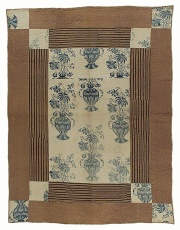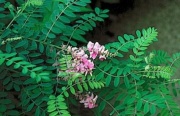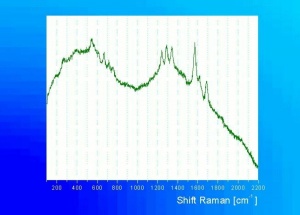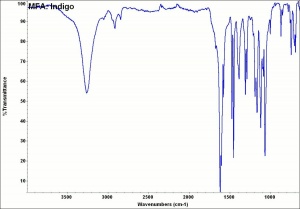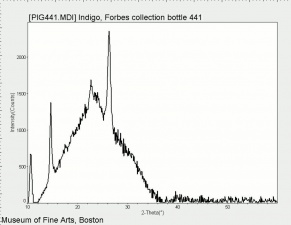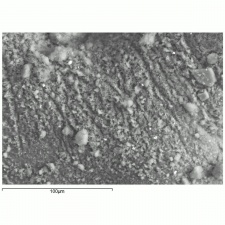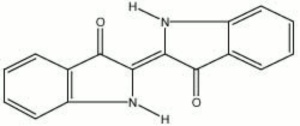Style Guide
Description
- Above the = Description Header== Please enter the premier image in the format as "[[File:49.414-SC2674.jpg|thumb|'''MFA Acc. #:''' 49.414]]"
- The 'Description' should contain the following:
[Current Manufacturer in brackets] followed by general material classification (stone plant solvent foam paper, etc), latin name, chemical description, native source, history of production and use. For natural products, include the discovery,, native regions, purification and chemical replacements. For synthetics, include initial discovery and/or patent dates and any transfer to other manufacturer and/or change of product names. Especially important is the use history in art or in preparation for use in art.
(Second image with format for image title)
Synonyms and Related Terms
Include alternate names starting with the chemical name: followed by formal names: CAS #, CI #; non-English terms (with language abbreviations in parenthesis), then common names.
Additional line can be added for commercial products.
(Use the Slider gallery for all analytical spectra)
Applications
(Enter all applications as a bullet point list)
- Packing material
- Case construction
Personal Risks
(Include all Hazards, Health and Safety information, and links to MSDS sheets) Fisher Scientific: MSDS
Collections Risks
(Enter known or potential risks to collection materials; Include Oddy test links here below bold line as below)
Links to Oddy Test results posted on AIC Wiki Materials Database Pages for individual materials below
° Evasol adhesive, clear tested in 2015
° Evasol tested in 2003
Environmental Risks
Physical and Chemical Properties
(include all available properties for the characterization or stability of the material including solubility, absorption wavelengths, lightfastness classification, microscopic appearance.
| Composition | C16H10N2O2 |
|---|---|
| CAS | 482-89-3 |
| Melting Point | 390-392 |
| Molecular Weight | mol. wt. = 262.26 |
| Refractive Index | >1.662 |
Working Properties
Comparisons and Related information
(Include pdf files of tables or related information; new line for each file)
Characteristics of Common Blue Pigments
Additional Images
(The gallery is a repository for all additional images; new line for each image)
Resource and Citations
(Provide a list of all sources used to generate this record. Make notations if any source provides different values than included in this record. Separate each entry with bullets)
- H.Schweppe, "Indigo and Woad", Artists Pigments, Volume 3, E. West FitzHugh (ed.), Oxford University Press: Oxford, 1997.
- Pigments Through the Ages: Indigo
Add all Categories
